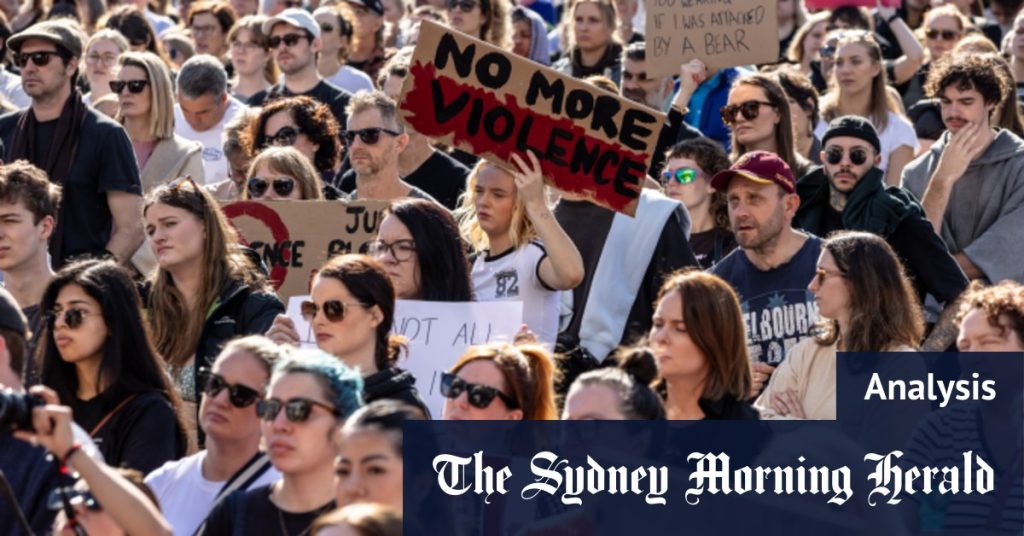Despite progress in terms of gender equality and social issues, modern society is still facing significant challenges. In the past, popular songs and cultural norms perpetuated racism and sexism, with women being expected to fulfill traditional domestic roles. Smart girls were often discouraged from pursuing higher education and instead encouraged to marry early. Discrimination against minority populations and offensive remarks by public figures further highlighted the prevalent biases of the time.
The current era has seen improvements in terms of equality and diversity, with fairer divorce laws and legal recognition of same-sex marriages. However, societal issues such as gender-based violence, substance abuse, and mental health problems continue to plague communities. The rise of social media has also brought about new challenges, with the anonymity it provides leading to increased instances of online harassment and threats directed towards women in the media industry.
The portrayal of women in modern media, particularly in pornography, has shifted towards more violent and degrading content, posing a threat to the innocence of young viewers. Female journalists and public figures face intense scrutiny and backlash, often being subjected to threatening messages and harassment. Despite this, strong female role models like Caroline Wilson continue to excel in their fields, challenging gender stereotypes and inspiring others.
The recent incident at Yarra Valley Grammar, where male students were expelled for creating a demeaning spreadsheet rating female classmates, highlights the persisting issue of gendered violence and objectification. While public outrage and condemnation are necessary, addressing the root causes of such behavior through education and intervention is essential. The systemic power imbalances that contribute to gender-based violence require comprehensive strategies and solutions.
As society grapples with these complex issues, it is crucial to move beyond words and towards meaningful actions and policies that promote gender equality, respect, and safety for all individuals. The role of political leaders, educators, and the justice system in addressing and preventing gendered violence cannot be understated. By fostering a culture of empathy, understanding, and accountability, we can work towards a more just and equitable society for all.


